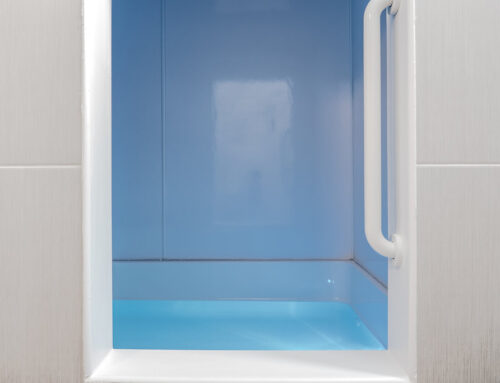There are so many excellent reasons to float and here’s one more! The Float Quote of the Month! We’re really excited to get feedback and love it when our float people let everyone know how excellent the experience is! Keep floating!
Insomnia. That was what took me from total skeptic to fervent believer in the benefits of floating. After trying everything from Valerian root and Melatonin to Tazodone, the isolation tank is the only thing that alleviated my ‘fall asleep, but can’t stay asleep’ insomnia. And it turns out I’m not the only one out there struggling to get their Z’s; according to sleepeducation.org, millions of Americans are experiencing a lack of quality sleep. Without getting the sleep needed, people suffer from fatigue, inability to focus, poor memory, and mood disturbance, to name just a few of the negative impacts from chronic insomnia.
CDC data suggests that about four percent of U.S. adults used prescription sleep aids in the past month. Like any other drug, sleep medications have side effects and risks.
The good news is that floating regularly can make a significant improvement to sleep, and also reduce blood pressure and stress. Easy Float was really created with one goal in mind, provide everyone the absolute best float experience. I know it sounds weird and that the thought of an isolation tank or sensory deprivation tank can sound just a little too out there for some, but floating is definitely a ‘don’t knock it till you try it’ type of thing. I was a huge skeptic, but getting amazing sleep after my first float has made me a believer.
Floating is making a massive comeback and there are a number of people utilizing isolation tanks for a wide variety of reason. The benefits from floating range from improved sleep and reduced stress to increased creativity and accelerated learning. High performance athletes are now floating regularly to improve focus and recover quicker. Navy Seals are utilizing sensory deprivation tanks in what they are referring to as a ‘mind gym’ to cut the time it takes to learn a language down from 6 months to 6 weeks.
There is also extensive research being done by Dr. Justin Feinstein at his Float Lab at the Laureate Institute for Brain Research (LIBR). Featured in TIME, the work being done at the Float Lab in Tulsa is continuing to produce remarkable results. By utilizing EEG’s and fMRI machines, Feinstien and his team is finding the effects of flotation are resembling similar effects of SSRI’s, float participants are achieving a prolonged theta brain wave state which can reduce the hyper-connectivity where stress, anxiety, and depression reside.





